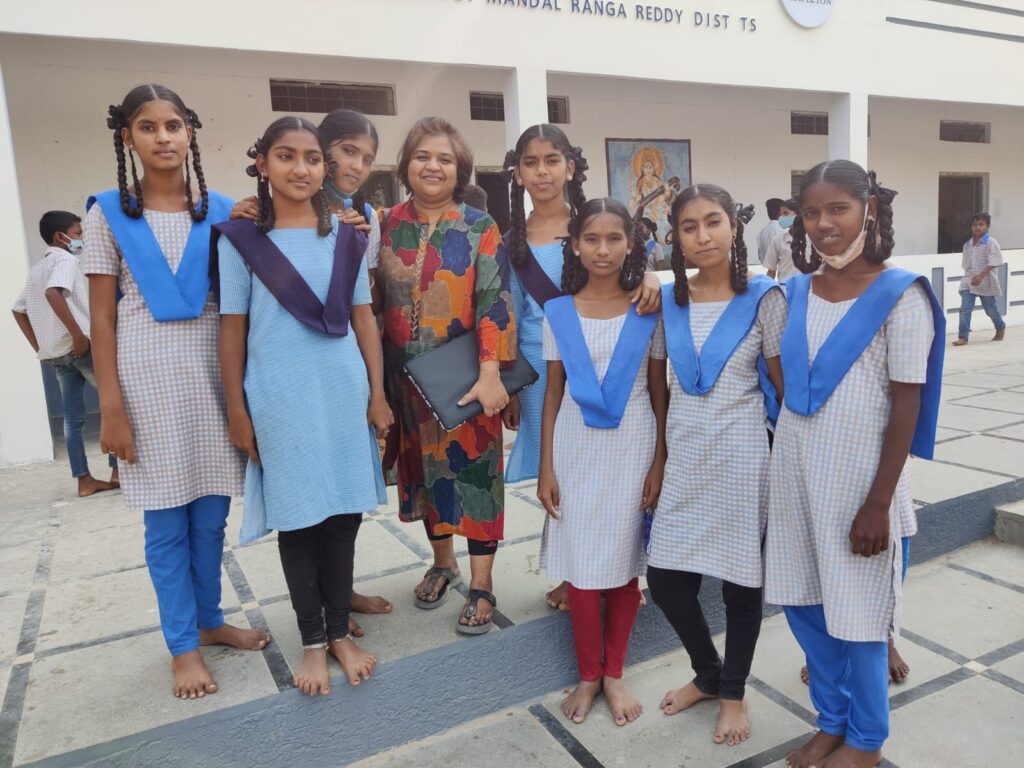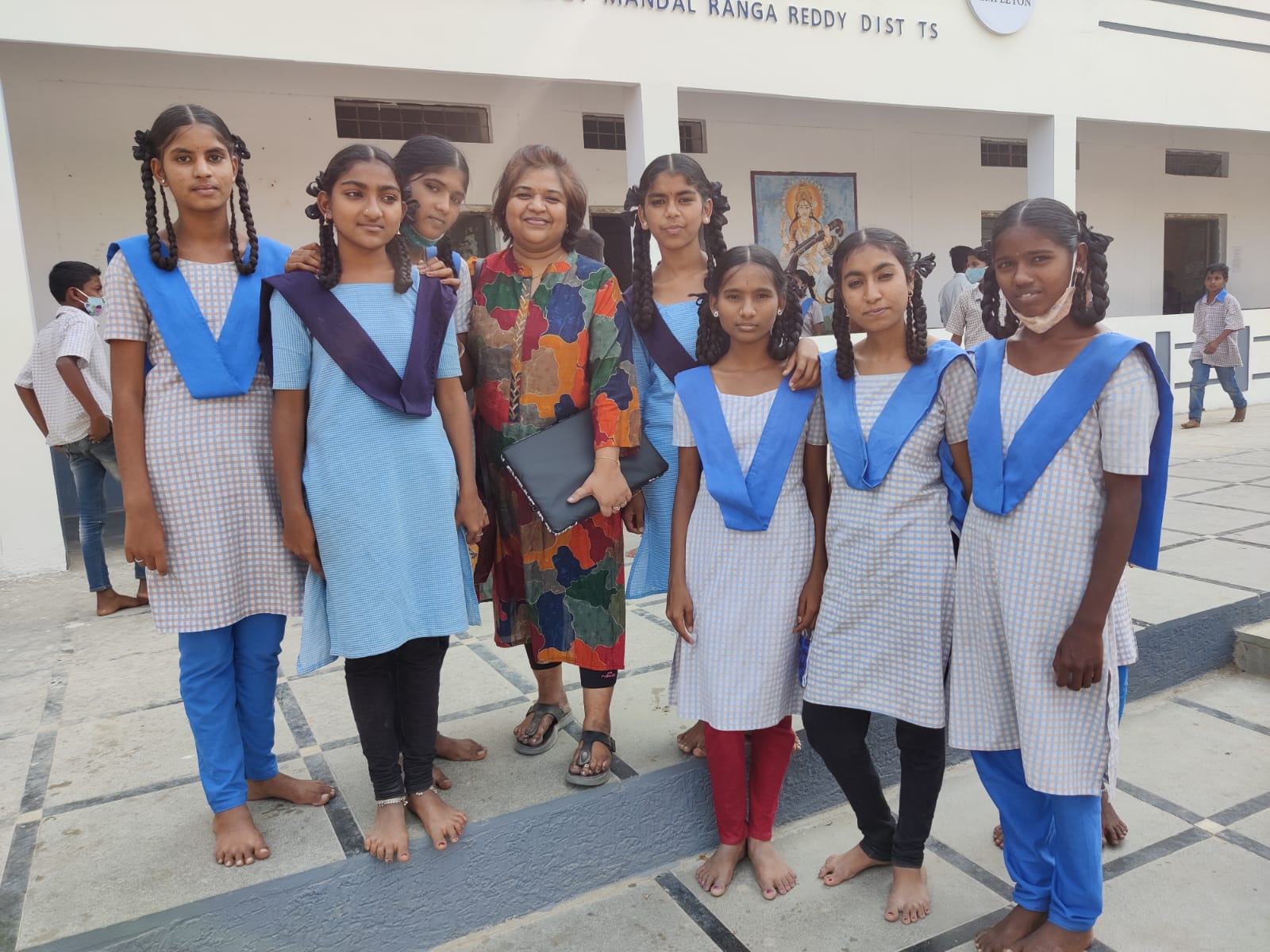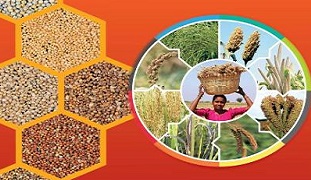Menstruation and menstrual practices are still facing social, cultural, and religious restrictions which are big barriers in the path of menstrual hygiene management. Practices related to menstruation hygiene are of major concern as it has health impact. If neglected, it leads to toxic shock syndrome, reproductive tract infections (RTI), and other vaginal diseases. Poor genital hygiene negatively affects adolescents’ health. Most girls are unaware and unprepared for menarche as they are not informed or ill-informed about menstruation
Today sanitary pads commonly used by women contain super-absorbent polymers (SAP). This will take 500-800 years to decompose, as they are 90% plastic. They gradually break down into what are known as micro-plastics, which contaminate soil, water and air. They also enter the food chain injecting toxins into the food humans and animals consume.
Moreover, the presences of dioxins that are used to bleach the absorbent core and responsible for side-effects in the body such as pelvic inflammatory disease, ovarian cancer, immune system damage, impaired fertility and diabetes.

Mass education on menstrual hygiene is widely accepted programme. Kaagitham Foundation understands the needs, analyses both pros and cons, doing their part to create awareness through their prestigious program nārīस्वAdhyāya©(means educating women).
There is an urgent need for course correction through effective policy interventions. The government must create a gender-inclusive platform for continuous dialogue and consultation on key issues with experts and civil society organizations. Promoting sustainable options like Reusable Tampons, Menstrual Cups (silicone, latex, etc.), Bamboo Fiber Pads and Water Hyacinth Pads is the need of the hour.
(Write to info@kaagitham.com or +91 8886403330 for conducting sessions in your area on menstrual hygiene from experts and getting a free sample of sustainable and effective alternatives. Awareness material in the article is contributed by kaagitham foundation and not edited by The Ecopreneur team)



